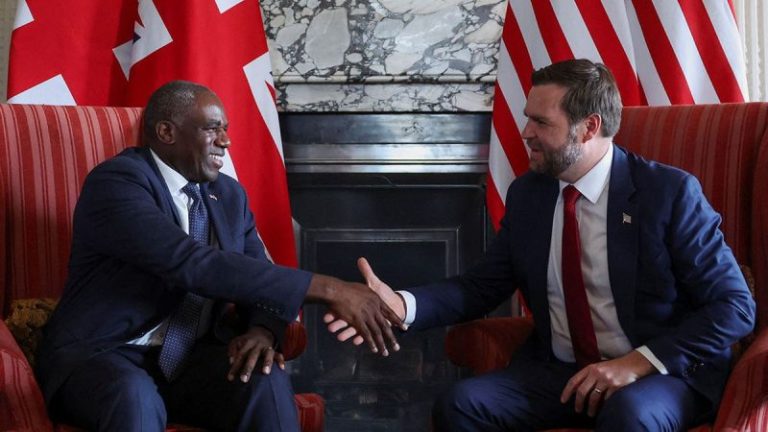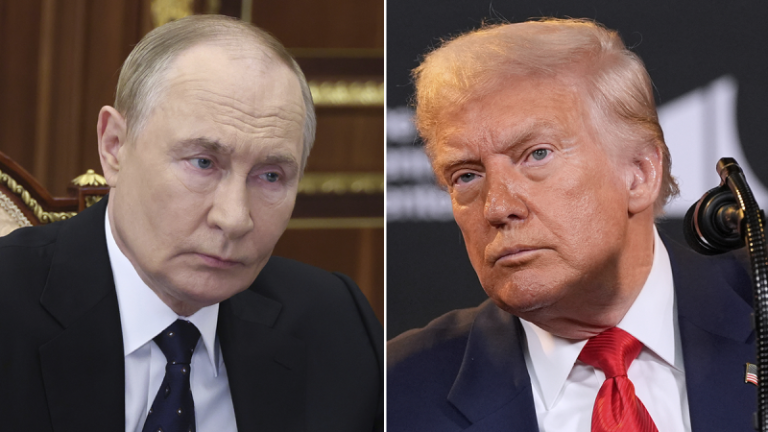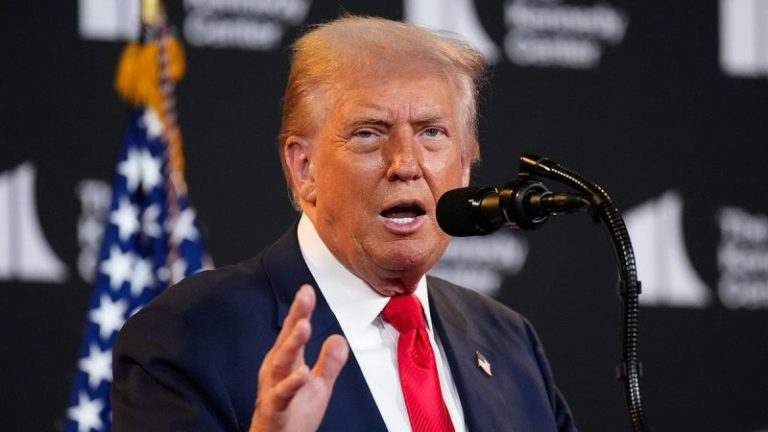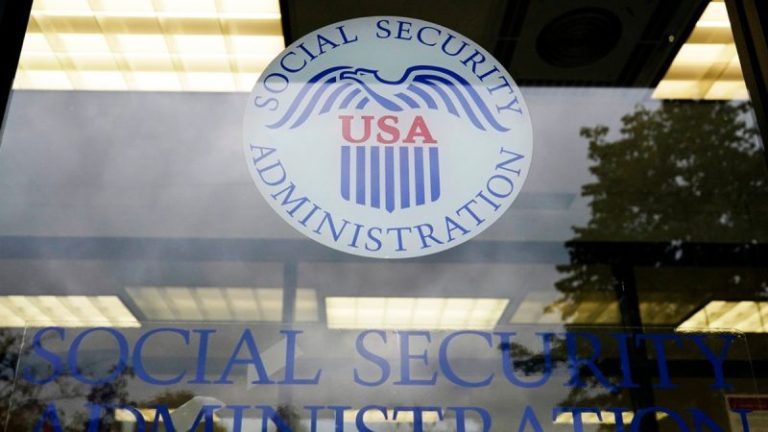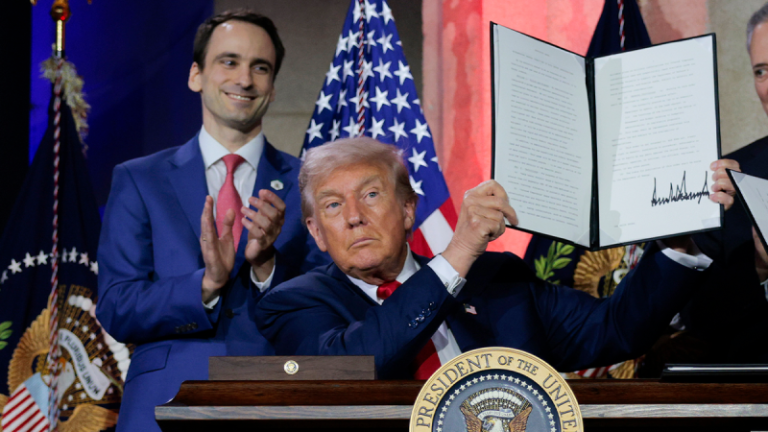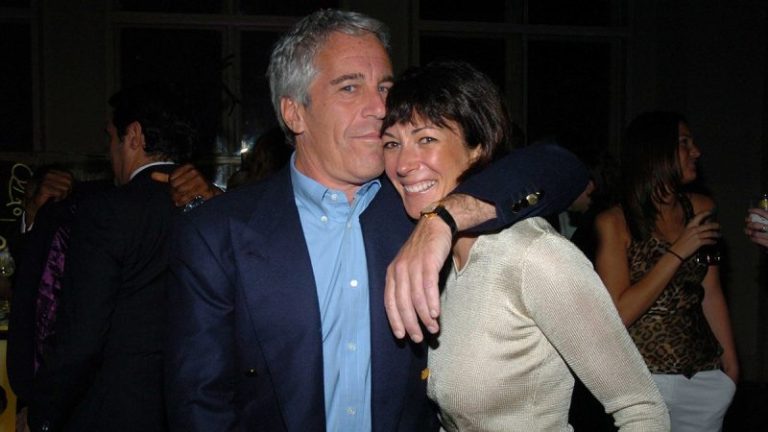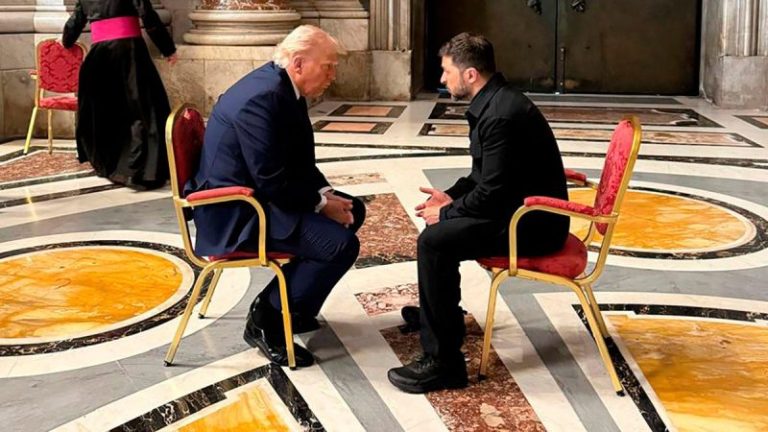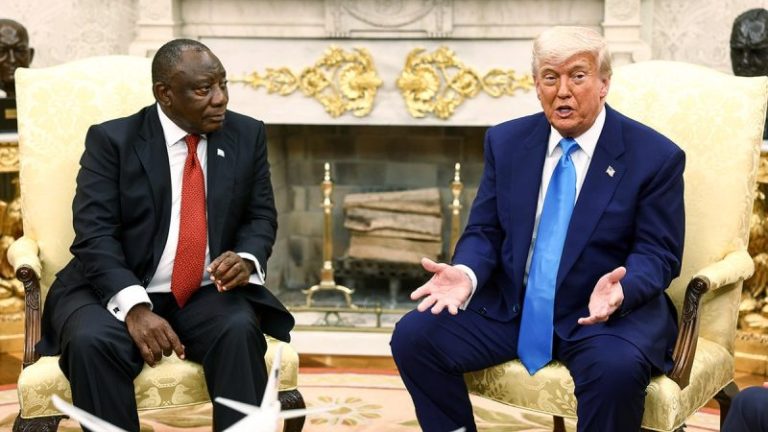An environmental advocacy group accused of trying to manipulate judges has removed and anonymized the names of jurists who worked with the activist network and praised its activities, following a Fox News Digital report exposing an online forum promoting climate litigation updates.
The Climate Judiciary Project (CJP), founded in 2018 by the left-wing Environmental Law Institute, describes itself as providing judges with ‘authoritative, objective, and trusted education on climate science, the impacts of climate change, and the ways climate science is arising in the law,’ according to its website.
The group has been accused by Republican lawmakers, such as Sen. Ted Cruz of Texas, of working to ‘train judges’ and ‘make them agreeable to creative climate litigation tactics.’ In July, Fox News Digital reported on CJP’s yearslong, nationwide forum where jurists privately exchanged climate-related legal updates and information alongside CJP leadership — a forum that was abruptly made private in May 2024.
CJP’s testimonial page boasting praise from jurists who participated in the program was overhauled this summer, including obliterating testimony from a judge identified in Fox News Digital’s July report. Fox Digital reviewed archived links to CJP’s testimonial page and found Judge Sam Scheele’s comments were still public on the site in May but were removed by the end of July following Fox Digital’s report.
‘It’s been truly a privilege. I am welcomely absorbing everything that has been brought to us and I look forward to carrying that forward and paying it forward,’ read a quote from Scheele when he served on Indiana’s Lake Superior Court’s Civil Division, according to an archived link of the website’s page from May.
At the end of July, another archived link showed that Scheele’s quote and name had been removed from CJP’s testimonial page, while four other quotes were attributed to anonymous ‘participating judges.’ One remaining quote was still attributed to the former president of the William & Flora Hewlett Foundation, a nonprofit that funds progressive causes in the U.S. It is unclear the exact day the changes were made to the testimonial page.
A spokesperson for the Environmental Law Institute told Fox Digital when asked about changes to the testimonial page that updates were made out of an effort to ‘protect privacy and prevent baseless criticism and harassment.’
‘Judges are encouraged, and many required, to participate in continuing education on topics relevant to emerging trends in the law – including those related to science. Recent changes to CJP’s website were made to protect privacy and prevent baseless criticism and harassment,’ the spokesperson said.
Scheele was among a handful of judges who communicated on CJP’s online forum that ran from September 2022 and maintained until May 2024, according to documents previously reviewed by Fox News Digital. While Scheele’s testimony was obliterated from the website’s testimonial page, two other favorable quotes from judges were anonymized and attributed to a ‘participating judge,’ while two other quotes remained unchanged and were both attributed to a ‘participating judge,’ Fox News Digital found.
Fox News Digital obtained the archived chat history of the now-defunct chat forum between CJP and jurists last month, which detailed numerous messages between at least five judges and CJP employees trading links on climate studies, congratulating one another on hosting recent environmental events, sharing updates on recent climate cases that were remanded to state courts, and encouraging each other to participate in other CJP meet-ups.
One message posted by Delaware Judge Travis Laster, vice chancellor of the Delaware Court of Chancery, features a YouTube video of a 2022 climate presentation delivered by a Delaware official and a Columbia University professor that focused on the onslaught of climate lawsuits since the mid-2000s.
It also included claims that such lawsuits could one day bankrupt the fuel industry.
Laster shared the video in the group with a disclaimer to others: ‘Because the link is of a judicial event that is otherwise not public, please do not forward or use without checking with me. I suspect that goes without saying, but the powers that be will be happier that I said it.’
Scheele was among a handful of other judges who responded to Laster’s video and message, praising it as ‘great work.’
‘This is great work/great stuff, Travis; congrats on a job well-done, & thank you so much for sharing this!,’ Scheele responded, according to documents obtained by Fox News Digital.
Scheele’s office did not respond to Fox Digital’s request for comment regarding why his name and testimony were removed from the website.
Scheele’s office did respond to Fox News Digital’s inquiry last month regarding his past participation in the forum, saying he first joined the 2022 National Judicial Conference on Climate Science more than two years before his appointment to the Indiana Court of Appeals.
‘At the last minute, when another appointed delegate was unexpectedly unable to attend, Judge Scheele was asked by Indiana’s state court administration to fill in as Indiana’s representative, and he accepted the invitation. As is normal in conferences attended by our judges, this conference addressed emerging, hot-button issues that might come before the courts,’ Scheele’s office said.
‘Judge Scheele does not recall any substantive communication on the ‘listserv’ mentioned. He, like all of our Court of Appeals of Indiana judges, is dedicated to the unbiased, apolitical administration of justice in the State. He, like all of our judges, educates himself on emergent topics in the law and applies his legal training to evaluate the legal issues before him,’ the office continued.
CJP told Fox News Digital of the now-defunct email list last month that it was created in September 2022 to help members of its Judicial Leaders in Climate Science program communicate and network with one another for the duration of the program.
The one-year program, established by CJP in coordination with the National Judicial College, ‘trains state court judges on judicial leadership skills integrated with consensus climate science and how it is arising in the law,’ the group told Fox News Digital.
CJP’s educational events are done ‘in partnership with leading national judicial education institutions and state judicial authorities, in accordance with their accepted standards,’ a spokesperson for the group said in an emailed statement. ‘Its curriculum is fact-based and science-first, grounded in consensus reports and developed with a robust peer review process that meets the highest scholarly standards.’
‘CJP’s work is no different than the work of other continuing judicial education organizations that address important complex topics, including medicine, tech and neuroscience,’ the spokesperson added.
News of the program’s outreach comes as the U.S. has seen a sharp uptick in climate-related lawsuits in recent years — including cases targeting oil giants Shell, BP and ExxonMobil for allegedly using ‘deceptive’ marketing and downplaying the risks of climate change, as well as lawsuits brought against state governments and federal agencies, including the Interior Department, for allegedly failing to address pollution risks or protect against the harms of climate change, according to the plaintiffs.
Sen. Cruz has repeatedly put CJP under the public’s microscope, including in June during a Senate subcommittee hearing, called ‘Enter the Dragon – China and the Left’s Lawfare Against American Energy Dominance,’ where the Texas Republican argued there is a ‘systematic campaign’ launched by the Chinese Communist Party and American left-wing activists to weaponize the court systems to ‘undermine American energy dominance.’
CJP, Cruz said, is a pivotal player in the ‘lawfare’ as it works to secure ‘judicial capture.’
Cruz said CJP’s claims of neutrality are bluster, and the group instead allegedly promotes ‘ex parte indoctrination, pressuring judges to set aside the rule of law, and rule instead according to a predetermined political narrative.’
CJP has denied Cruz’s accusations, and describes itself as ‘neutral, objective information to the judiciary about the science of climate change as it is understood by the expert scientific community and relevant to current and future litigation.’
Judges have previously landed in hot water over climate-related issues in group forums, including in 2019, when a federal judge hit ‘reply all’ to an email chain with 45 other judges and court staff regarding an invitation to a climate seminar for judges hosted by the Environmental Law Institute. The judge was subsequently chastised by colleagues for sharing ‘this nonsense’ and suggested it was an ethics violation, while others defended that flagging the event to others was not unethical.
Fox News Digital’s Breanne Deppisch and Andrew Mark Miller contributed to this report.
This post appeared first on FOX NEWS

